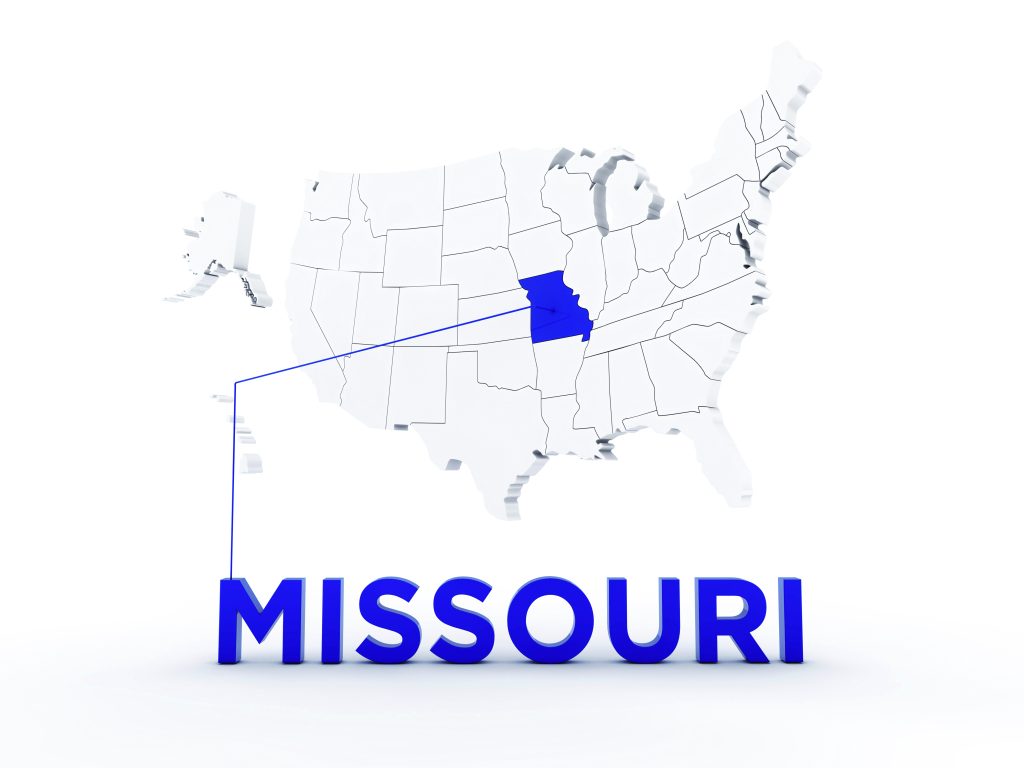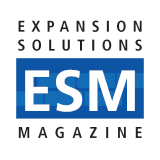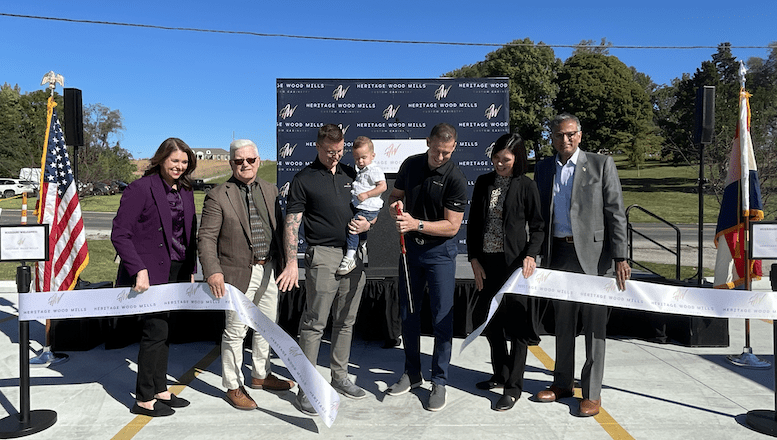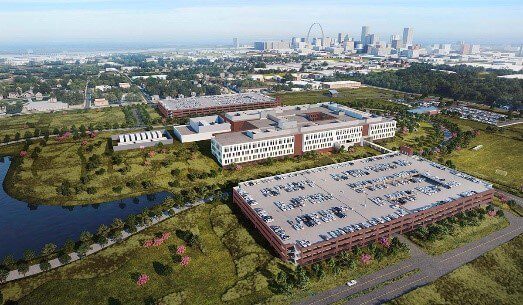Driving Economic Development Through Strategic Projects and Incentives
Missouri’s central location, diverse talent pool, and pro-business climate have positioned the Show-Me State as a hub for industries ranging from advanced manufacturing and life sciences to logistics and agritech. Over the past decade, Missouri has assembled a robust playbook of flagship investments, workforce initiatives, and financial incentives to attract global investors and nurture home-grown enterprises. This state review highlights key economic development projects under way, explores cutting-edge programs driving growth, and unpacks the incentive toolbox empowering companies to expand in Missouri.
Flagship Economic Development Projects
Missouri’s economic landscape has been reshaped by several headline-making projects that underscore the state’s ability to win major capital investments. These developments span automotive, aerospace, life sciences, and logistics, creating thousands of jobs and anchoring new supply chains in the Midwest.
- General Motors Electric Vehicle Battery Plant (Spring Hill): A $2.3 billion commitment and 1,700 jobs are materializing as GM partners with Ultium Cells to build a next-generation EV battery facility. Strategically located near major interstate corridors, the plant will supply battery modules for GM’s flagship EV lineup and catalyze supplier expansions across Missouri’s heartland.
- Boeing Composite Wing Center (St. Louis): Boeing’s $1 billion investment to build and operate its Composite Wing Center underscores Missouri’s leadership in aerospace manufacturing. Employing advanced automation and robotics, the facility produces lightweight wing components for the 737 and 777 series, reinforcing the St. Louis metro as a global aerospace cluster.
- Pfizer Biomanufacturing Expansion (Kansas City): Pfizer’s $600 million expansion of its Kearney plant doubles capacity for mRNA and novel biologics production. The project brings specialized clean-room technology, advanced analytics, and 400 new high-skilled positions, strengthening Missouri’s life sciences footprint and deepening ties with local universities.
- NorthPoint Development Inland Port (Jefferson City): NorthPoint’s $350 million inland port and logistics park leverages Missouri’s barge, rail, and highway nexus. This rail-served mega-site offers over 2,000 acres of ready-to-build land, attracting warehousing, distribution, and manufacturing users seeking cost-efficient access to Midwest markets.

State Initiatives to Cultivate Growth
Beyond marquee projects, Missouri’s Department of Economic Development (DED) spearheads a suite of forward-looking initiatives designed to accelerate business formation, spur technology commercialization, and streamline site selection.
- Missouri One Start: A turnkey workforce training platform that underwrites customized curriculum development, equipment acquisition, and on-the-job training reimbursements. Since inception, One Start has facilitated over 10,000 worker placements and supported more than 300 projects.
- Certified Sites Program: Missouri pre-screens and certifies industrial and logistics sites for environmental readiness, utility access, and regulatory compliance. To date, over 15 sites totaling 5,000 acres have earned certification, reducing project lead times by up to 40 percent.
- Missouri Technology Corporation (MTC): Tasked with catalyzing startup growth, the MTC manages seed-stage funds, grant programs, and innovation vouchers. Its MISSOURI BUILDS initiative recently awarded $8 million in grants to 50 early-stage cleantech, agtech, and digital health ventures.
- Show-Me Challenge Grant: Administered by the Missouri Department of Higher Education, this award funds public-private partnerships to develop research infrastructure. Recipients include university-industry consortia advancing renewable energy, advanced materials, and data analytics.
- Digital Manufacturing Lab Network: A collaboration among community colleges, universities, and private firms that equips students and incumbent workers with hands-on experience in additive manufacturing, robotics, and AI-driven quality control.
Incentives and Financing Tools
Missouri’s financial incentive portfolio blends tax credits, workforce subsidies, and low-cost financing to make projects competitive. The state continuously refines these tools to align with emerging industry needs.
- Missouri Works Program: Offers withholding tax credits on payroll, job training grants, and workforce development payments. Facilities that meet job creation and capital investment benchmarks can receive up to 10 years of payroll tax credits.
- 131 Jobs Tax Credit Act: Delivers state tax credits per net new job created. Employers in targeted industries—advanced manufacturing, life sciences, and distribution—can claim up to $2,500 per position.
- Quality Jobs Program: Provides a 1 percent withholding tax refund on revenue for firms creating a minimum of 25 high-wage jobs. This performance-based incentive encourages expansion and long-term commitment to Missouri communities.
- Brownfield Redevelopment Tax Credit: Stimulates cleanup and repurposing of underutilized industrial sites. Developers can claim credit for environmental remediation costs, unlocking large-scale redevelopment in urban corridors.
- Defense-Electric Vehicle Jobs Act: Applies to EV and defense contractors locating manufacturing in Missouri. It provides additional withholding tax exemptions and grants for capital equipment, tying state support to national security priorities.
- New Markets Tax Credits (NMTC) Partnership: Missouri’s Finance Board collaborates with certified Community Development Entities (CDEs) to channel NMTC equity into projects in low-income census tracts, supporting urban revitalization and small business growth.
Infrastructure and Site Readiness
Missouri’s strategic infrastructure investments ensure that businesses have the physical and digital backbone to thrive. From highways to broadband, the state continues to modernize key assets.
To enhance supply chain resilience, the Missouri Department of Transportation (MoDOT) has accelerated I-70 modernization between Kansas City and St. Louis, reducing transit times and improving safety. Investments in river port upgrades along the Missouri and Mississippi Rivers have expanded barge capacity by 15 percent, connecting Midwest producers to global markets. High-speed broadband grants have closed gaps in rural counties, bringing gigabit service to over 200,000 additional households and enabling precision agriculture, telehealth, and distributed manufacturing. Collectively, these projects underpin Missouri’s Certified Sites and inland port strategy, delivering turnkey locations for rapid project launches.
Workforce Development and Talent Attraction
A skilled workforce is Missouri’s competitive advantage. Coordinated efforts between state agencies, community colleges, and industry leaders ensure that the labor pool evolves alongside employer needs.
- Fast Track Workforce Incentive Grant: Reimburses community colleges and technical schools for developing customized training programs. Over $30 million awarded annually prepares students for careers in robotics, machining, and process technology.
- ApprenticeshipUSA Expansion: Missouri has grown registered apprenticeships by 35 percent since 2020. Programs in advanced manufacturing and IT offer earn-while-you-learn pathways that attract younger demographics.
- Talent Attraction Initiative: “Live, Work, Play” campaigns showcase Missouri’s quality of life, affordable housing, and outdoor recreational assets to recruit professionals from high-cost metros. Digital marketing and relocation incentives target engineers, software developers, and biotech researchers.
- Industry-Led Credentialing: Sector partnerships commission stackable credentials and micro-certifications aligned with industry 4.0 requirements. Participants can upskill quickly and advance into supervisory roles, reducing turnover and strengthening employer-educator collaboration.
Regional Highlights
Missouri’s economic vitality is amplified by dynamic regional ecosystems, each playing to its unique strengths while benefiting from statewide support.
- Kansas City Metro: A logistics powerhouse with BNSF’s Innovation Campus and Amazon’s regional distribution network. The area’s emerging hub for cybersecurity and data centers is fueled by low-cost power and fiber connectivity.
- St. Louis Region: Anchored by a deep bench in aerospace, life sciences, and civil space. The Cortex Innovation District fosters biotech startups, while Boeing’s and BJC HealthCare’s expansions drive demand for talent and supply-chain services.
- Southwest Missouri (Springfield): Recognized nationally for agribusiness and food processing with companies like Kraft Heinz and Goodman Manufacturing. The Springfield-Branson National Airport’s cargo terminal upgrade enhances export capacity for regional producers.
- Mid-Missouri (Columbia/Jefferson City): Home to cutting-edge research at the University of Missouri, the region has spun off startups in digital health and materials science. Jefferson City’s growing inland port and elevated utility infrastructure support light manufacturing and distribution.
Looking Ahead
As Missouri charts its next chapter of growth, the convergence of advanced manufacturing, life sciences, and sustainable technologies will define the state’s competitive edge. Planned expansions in semiconductor packaging, hydrogen production, and agritech innovation centers promise to diversify Missouri’s economic base. Continued refinements to incentive programs—paired with ongoing site certifications and infrastructure upgrades—will ensure that the Show-Me State remains a top destination for companies seeking scalable, mid-America advantages. With a proven track record of winning marquee projects and a commitment to workforce excellence, Missouri is poised to show the nation and the world that its best days of economic expansion lie ahead.





